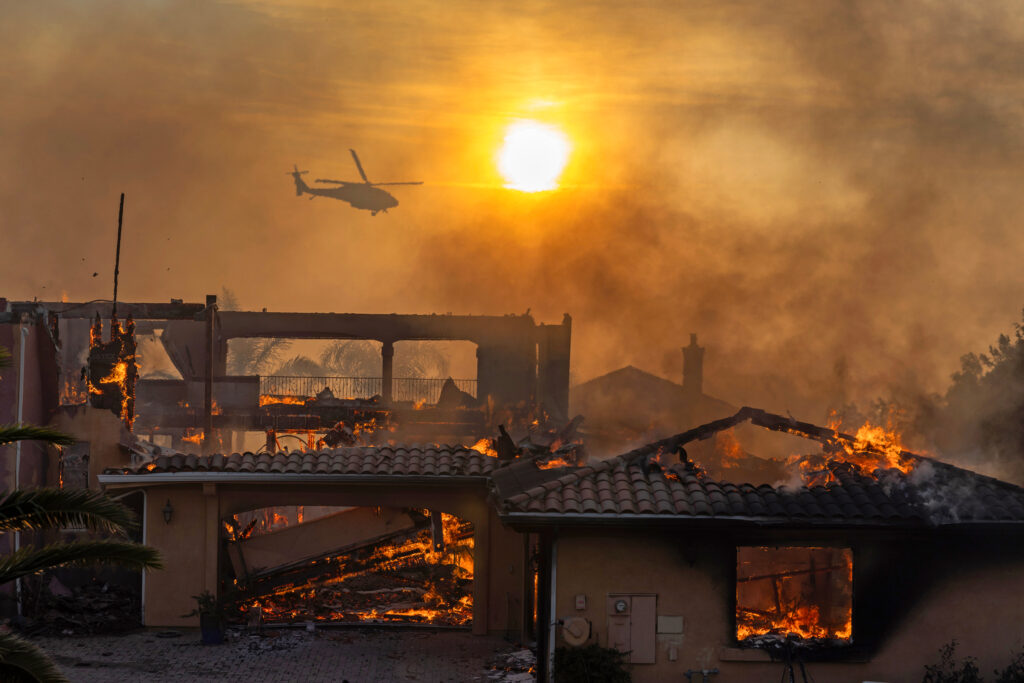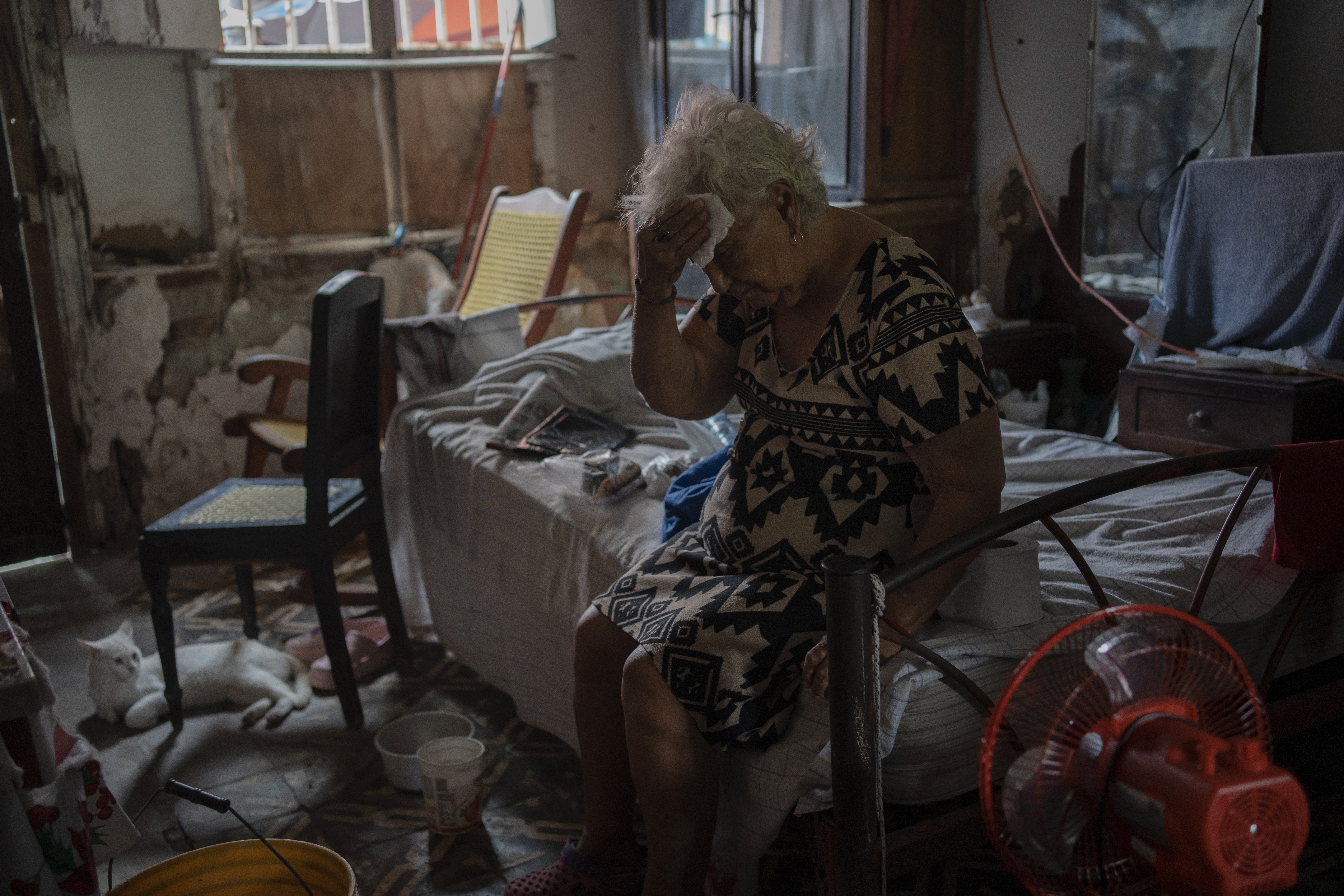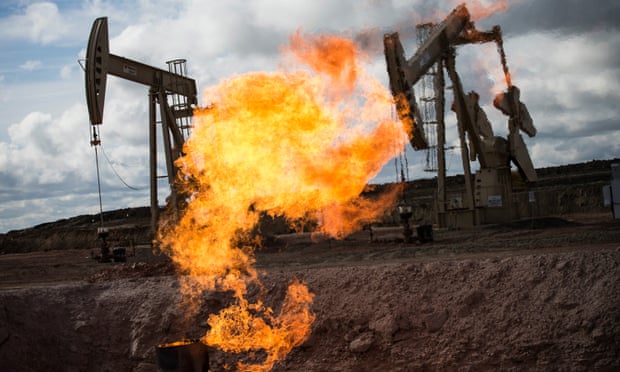
Smoke billows during a fire in an area of the Amazon rainforest near Porto Velho, Rondonia State, Brazil, September 17, 2019. REUTERS/Bruno Kelly
CLICK HERE - UN - Principles for Responsible Banking
reuters.com - by Matthew Green - September 22, 2019
Banks with more than $47 trillion in assets, or a third of the global industry, adopted new U.N.-backed “responsible banking” principles to fight climate change on Sunday that would shift their loan books away from fossil fuels.
Deutsche Bank (DBKGn.DE), Citigroup (C.N) and Barclays (BARC.L) were among 130 banks to join the new framework on the eve of a United Nations summit in New York aimed at pushing companies and governments to act quickly to avert catastrophic global warming.
“These principles mean banks have to consider the impact of their loans on society – not just on their portfolio,” Simone Dettling, banking team lead for the Geneva-based United Nations Environment Finance Initiative, told Reuters.










Recent Comments